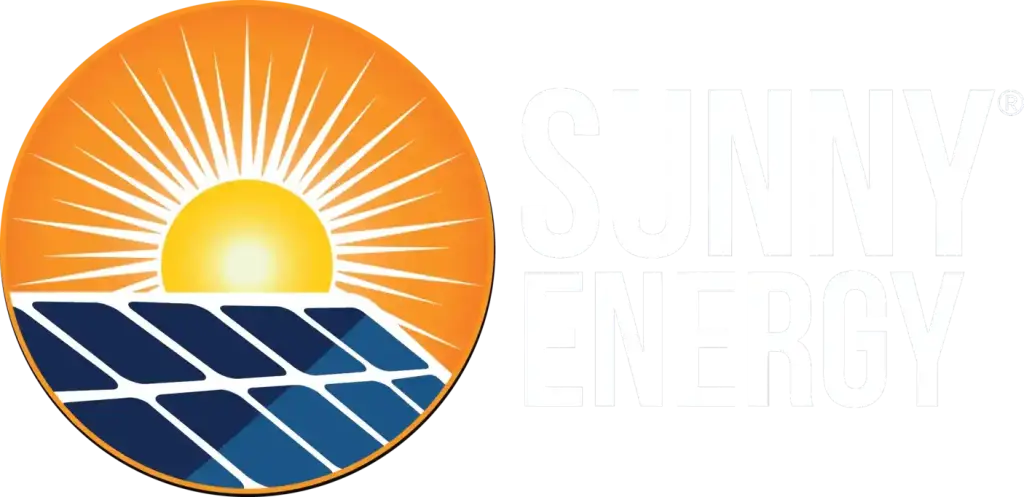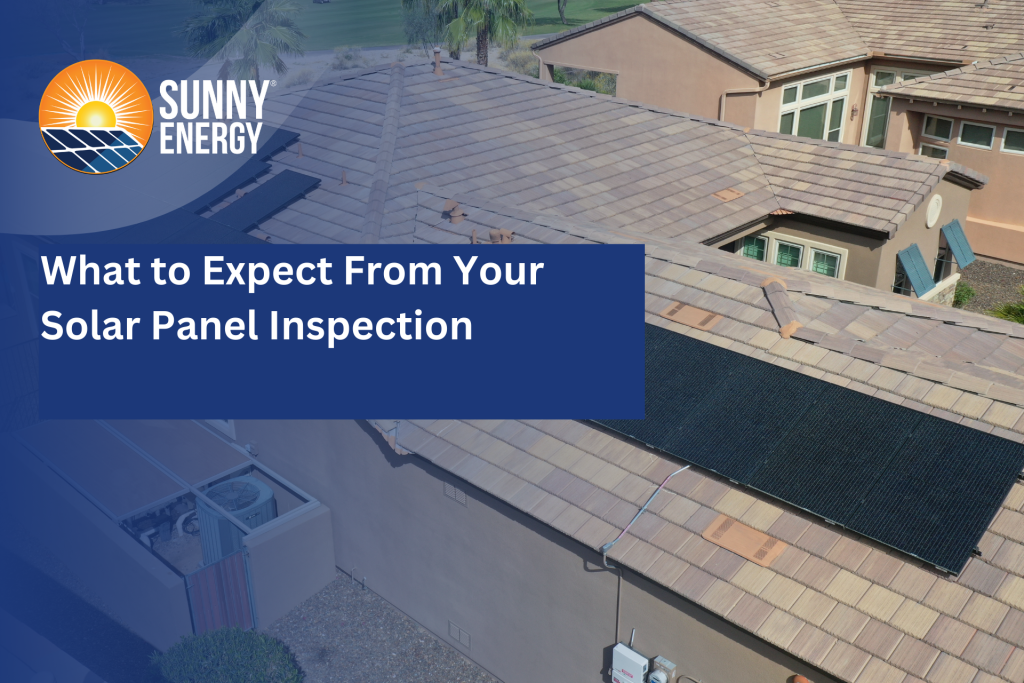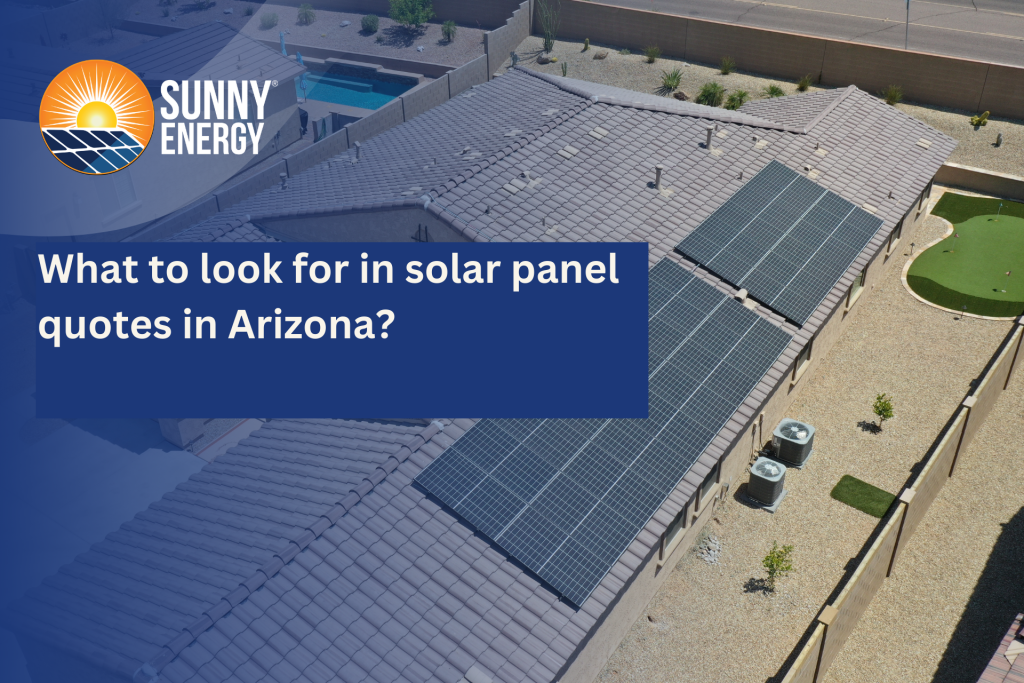As the world shifts towards sustainable energy sources, solar power has emerged as a frontrunner in the race to combat climate change and reduce our dependence on traditional fossil fuels. One popular avenue for homeowners and businesses to harness solar energy without the hefty upfront costs is through leasing solar panels.
In this blog, we will delve into the key aspects of solar panels for lease, examining what is involved and weighing the pros and cons of this alternative energy solution.
What is Solar Leasing?
Solar leasing is an innovative financial arrangement that allows homeowners and businesses to adopt solar energy without the significant upfront costs typically associated with purchasing solar panels. In this model, a solar leasing company installs solar panels on your property, and you pay a monthly lease fee for the use of the system. This approach makes solar energy more accessible and financially viable for a broader range of individuals and organizations.
Key Aspects of Solar Leasing
1. Assessment by solar professionals:
The process begins with a detailed assessment of your property by solar experts. They evaluate factors such as sunlight exposure, roof orientation, and shading to determine the feasibility and potential efficiency of the solar installation.
2. Customized system design:
Based on the assessment, a tailored solar system is designed to maximize energy production for your specific location. This includes considering the size of your property, energy usage patterns, and available sunlight.
3. Installation of solar panels:
Once the design is approved, professional installers set up the solar panels on your property. The installation is typically quick and efficient, ensuring the panels are optimally positioned for maximum sunlight capture.
4. Equipment setup:
Alongside the solar panels, essential equipment such as inverters is installed. Inverters convert the direct current (DC) generated by the panels into alternating current (AC) for use in your home or business.
5. Connection to the grid:
The solar system is often connected to the electricity grid, allowing any excess energy to be fed back into the grid. This can earn you credits through net metering and ensures a continuous power supply during periods of low sunlight.
6. Ownership and maintenance responsibilities:
A major advantage of solar leasing is that the leasing company retains ownership and handles all maintenance. This means any repairs or maintenance issues are covered by the leasing agreement, relieving homeowners of technical concerns.
7. Utilization of tax credits:
Leasing companies can take advantage of federal and state tax credits to reduce the cost of the solar system. They pass these savings on to you, making solar leasing an economically attractive option, especially for those who cannot directly benefit from tax credits.
8. Monthly lease fee:
In return for the installation and maintenance of the solar system, you pay a monthly lease fee. This fee is usually lower than traditional electricity bills, making solar energy a cost-effective choice.
9. Increased accessibility:
Solar leasing makes solar energy accessible to a wider audience, including those who may not have the financial resources to purchase a solar system outright. This democratizes access to renewable energy and encourages broader adoption.
10. Immediate cost savings:
By eliminating the need for a significant upfront investment, solar leasing allows individuals and businesses to start saving on their energy bills immediately. This financial relief can be particularly beneficial for budget-conscious households and small businesses.
11. Maintenance-free experience:
With the leasing company responsible for maintenance, users can enjoy the benefits of solar energy without worrying about upkeep or repairs. This hassle-free experience makes solar leasing an attractive option for those who prefer a hands-off approach.
12. Encourages sustainable practices:
Solar leasing promotes sustainable energy practices by making it easier for people to switch to renewable energy. This contributes to reducing carbon footprints and combating climate change on a larger scale.
13. Flexible options:
Solar leasing provides flexibility in terms of contract length and payment structures, allowing users to choose plans that best fit their financial situations and energy needs.
14. Boosts solar industry growth:
The popularity of solar leasing helps drive growth in the solar industry, leading to advancements in technology, increased job opportunities, and a stronger renewable energy market overall.
What is involved in solar panels for lease?
When you decide to opt for solar panels for lease, it’s akin to renting a renewable energy system for your property. The process involves several key steps that make it accessible and hassle-free for homeowners.
1. Assessment by solar professionals:
The journey begins with a thorough assessment of your property by professionals of Arizona solar company. These experts evaluate various factors such as the amount of sunlight your location receives, the orientation and tilt of your roof, and any potential shading issues. This assessment is crucial to determine the feasibility and efficiency of solar panel installation on your property.
2. Customized system design:
Based on the assessment, a customized solar energy system design is created by the Arizona solar company to optimize energy production for your specific location. This design takes into account the size of your property, energy consumption patterns, and the available sunlight.
3. Installation of solar panels:
Once the design is finalized and you’ve agreed to the terms of the lease, the Arizona solar contractors will install solar panels on your property. This process is handled by professional solar installers who ensure that the panels are securely mounted and positioned to capture maximum sunlight. The installation is typically a smooth and efficient process, often completed within a few days.
4. Equipment setup:
Alongside panel installation, the necessary equipment is set up to convert the captured sunlight into usable electricity. This includes inverters, which convert the direct current (DC) generated by the solar panels into alternating current (AC) that can power your home or business.
5. Connection to the grid:
In many cases, solar panel systems are connected to the electricity grid. This allows excess energy generated by your panels to be fed back into the grid, potentially earning you credits through net metering. It also ensures a continuous power supply during periods of low sunlight.
6. Ownership and maintenance responsibilities:
One of the primary advantages of solar panels for lease is that, unlike ownership, you are not burdened with the responsibility of maintenance. The leasing company takes on the task of ensuring the system operates optimally throughout the lease period. Any repairs or maintenance issues are typically covered by the leasing agreement, alleviating homeowners from technical concerns and making solar panels for lease a viable option to consider.
7. Unique use of tax credits
The Federal and State tax credits can save you 30% to 40% off the cost of your solar system, if you buy it, and if you have enough taxable income to use the credits. But, for people who pay little, or no, income tax, these tax credits are useless, if they buy their solar system. When you lease the system, the leasing company owns them and they use the tax credits to reduce the cost of the system, passing on most of those savings to you.
8. Monthly lease fee:
In return for the installation, maintenance, and use of the solar panel system, you agree to pay a monthly lease fee to the solar provider. This fee is often structured to be more affordable than the combined costs of traditional electricity bills, making solar energy an economically attractive option.
Pros and Cons when you opt for solar panels for lease
Pros:
1. Cost savings:
One of the most significant advantages of solar panels for lease is the immediate cost savings. Since you don’t have to cover the upfront expenses associated with purchasing and installing solar panels, you can start enjoying the benefits of clean energy without a substantial initial investment.
2. Tax credit advantage:
If you can’t use the tax credits, you can still enjoy much of the savings from the tax credits by leasing your solar panels from a company who passes savings from them on to you.
3. Maintenance-free ownership:
Solar panels for lease typically include maintenance and repairs. This means that if the panels malfunction or require repairs, the responsibility falls on the leasing company rather than the homeowner. This hassle-free ownership model can be especially appealing to those who are not keen on dealing with the technicalities of solar panel maintenance. Look for the best Arizona solar companies that provides quick maintenance support.
4. Quick installation:
Solar panels for lease often involve a faster and more streamlined installation process compared to purchasing. This can be advantageous for those looking to transition to renewable energy sources swiftly.
Cons:
1. Higher cost:
Leasing your solar system is usually more costly than purchasing them over the life of the system. Plus, some leases have escalation factors which increase the monthly payment each year, although usually less of an increase than what utility rates experience. While leasing cost may be higher, it is less expensive if you can’t use the tax credits.
2. Long-term commitment:
Solar panel leases usually come with long-term contracts, often spanning a decade or more. While this ensures stable energy costs, it may pose a challenge if you plan to move or sell your property before the lease term concludes.
3. Ownership benefits:
When you lease solar panels, you miss out on the financial incentives and benefits associated with owning the system outright. These may include tax credits, rebates, and the potential to earn money through solar energy credits or net metering.
4. Limited control:
Leasing means ceding control over your solar energy system to the leasing company. This lack of control can be a drawback for those who prefer to have autonomy over their renewable energy investments.
Final words
While the immediate cost savings and maintenance-free ownership are compelling advantages, it’s crucial to carefully consider the long-term commitment and potential drawbacks associated with limited control and ownership benefits. Before making a decision, it’s advisable to consult with Arizona solar contractors by searching for solar power companies near me or thoroughly research and weigh the pros and cons based on individual circumstances and preferences. Ultimately, the choice between leasing and purchasing solar panels depends on your specific needs, financial situation, and long-term goals for sustainability.
Sunny Energy is one of the top rated solar companies in Arizona that can help you transition to clean and sustainable energy solutions for your home or business. With a commitment to quality service and cutting-edge solar technology, Sunny Energy as the best solar company in Arizona strives to provide cost-effective and environmentally friendly energy solutions tailored to your specific needs. Our team of experienced professionals is dedicated to guiding you through the entire process, from initial consultation to seamless installation, ensuring a smooth and efficient transition to solar power. Make the switch to renewable energy with confidence, knowing that the best solar company in Arizona, Sunny Energy is here to support you every step of the way.





